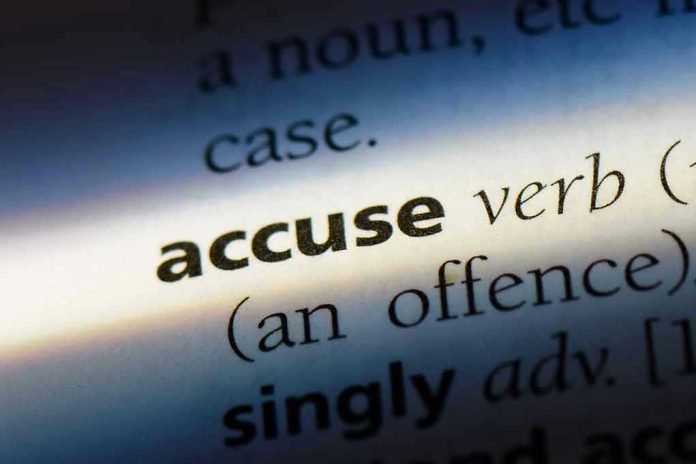
Zohran Mamdani’s recent statement has ignited controversy, highlighting stark divides in political opinion and raising concerns over potential threats to Jewish communities.
Story Highlights
- Zohran Mamdani criticized Israel’s Prime Minister on a sensitive anniversary.
- Jewish organizations label Mamdani’s remarks as Hamas propaganda.
- The controversy underscores tensions in New York’s diverse communities.
- Calls for action against Mamdani are growing among community leaders.
Mamdani’s Controversial Statement and Its Immediate Fallout
On October 7, 2025, Zohran Mamdani, a New York City politician, issued a statement that has since drawn widespread condemnation. Marking the two-year anniversary of the deadly Hamas attacks on Israel, Mamdani accused Israeli Prime Minister Benjamin Netanyahu of engaging in a “genocidal war” against Palestinians. This rhetoric, seen by critics as aligning with Hamas propaganda, has heightened tensions within New York’s Jewish community, who view it as a direct threat.
The Israeli Foreign Ministry and several Jewish organizations were quick to denounce Mamdani’s remarks. They assert that his statement not only distorts the reality of Israel’s defensive actions but also poses a real danger to Jews in New York by potentially inflaming antisemitic sentiments. As New York City grapples with its diverse population’s differing views, this incident has reignited debates on the boundaries of free speech and political responsibility.
Contextual Background of the Controversy
The recent development is part of a broader narrative shaped by decades of Israeli-Palestinian conflict, with New York City often reflecting the international tensions due to its significant Jewish and Arab populations. The 2023 Hamas attack, which resulted in over 1,200 Israeli deaths, was a major flashpoint, leading to a sustained Israeli military response in Gaza. Mamdani’s statement on this sensitive anniversary adds fuel to the fire, spotlighting the ongoing polarization in U.S. political discourse.
Previous incidents have shown that political statements on this issue can have significant repercussions. Past controversies involving U.S. politicians have highlighted the fine line between advocating for Palestinian rights and being perceived as endorsing antisemitic rhetoric. The stakes are high, not just for Mamdani’s political career, but also for community safety and social cohesion in New York.
Responses and Implications Moving Forward
The backlash against Mamdani has been swift and intense, with calls for censure or further action from community leaders. While some see his statement as a legitimate critique of Israeli policy, others argue it crosses a dangerous line. The debate continues in both local and national media, raising questions about the responsibilities of public figures in navigating such fraught issues.
‘Mouthpiece for Hamas’: Mamdani’s Oct 7 Statement Called ‘Obscene Blood Libel,’ a Direct Danger to Jews in New Yorkhttps://t.co/LAqII58Dba
— Billy Dee (@BillyDeeffmc) October 8, 2025
Looking ahead, the incident may have lasting implications for Mamdani and the broader political landscape. It could influence campaign strategies, especially in districts with large Jewish or Muslim populations, and impact how political discourse on the Israel/Palestine conflict is conducted in the U.S. As the situation evolves, the need for balanced and informed dialogue becomes increasingly apparent.
Sources:
The Jerusalem Post: ‘Mouthpiece for Hamas’: Mamdani’s Statement Sparks Outrage







